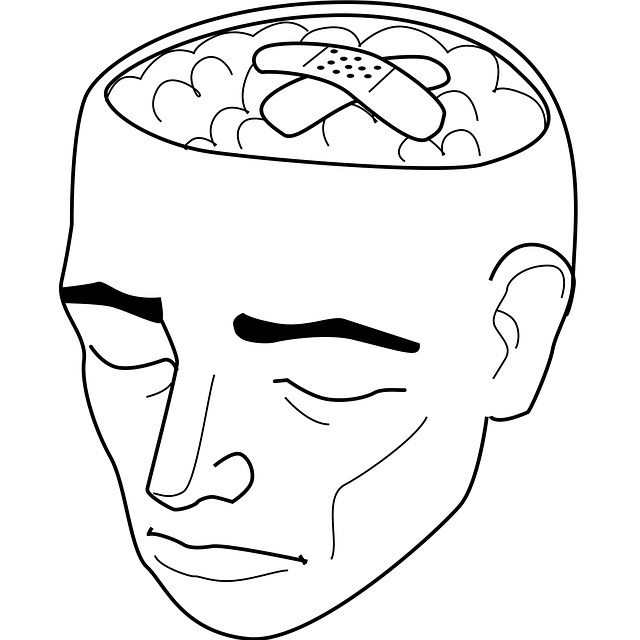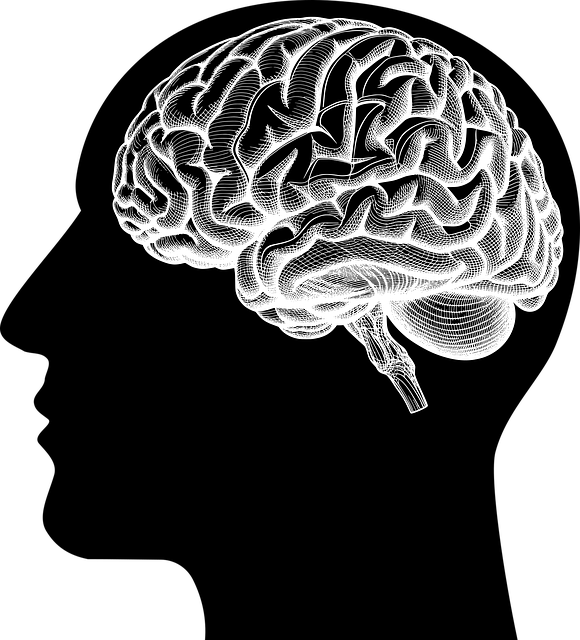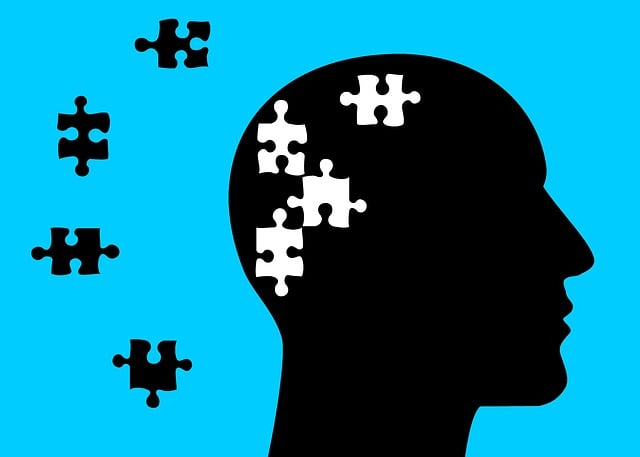Lafayette Functional Neurological Disorder (FND) Therapy offers a comprehensive approach to mood regulation, combining cognitive-behavioral therapy, sensory integration, and mindfulness practices. CBT focuses on modifying negative thought patterns for emotional stability, while mindfulness techniques enhance present-moment awareness to manage stress responses. Lifestyle adjustments like exercise and balanced nutrition are key, along with support systems and trauma support services. LFNDT integrates these strategies into therapy, workshops, and resources to empower individuals with FND to navigate life's challenges resiliently and maintain overall well-being.
Mood regulation is a vital skill for maintaining emotional well-being. This comprehensive guide explores various strategies to help individuals gain control over their moods, offering a holistic approach to mental health. From cognitive behavioral techniques to mindfulness practices and lifestyle adjustments, we delve into effective methods. Specifically, this article introduces the Lafayette Functional Neurological Disorder Therapy as a pioneering treatment, highlighting its role in addressing mood disorders. Discover practical tips for enhancing emotional stability and fostering a healthier mindset.
- Understanding Mood Regulation and Lafayette Functional Neurological Disorder Therapy
- Cognitive Behavioral Techniques for Emotional Stability
- The Role of Mindfulness and Meditation in Managing Moods
- Lifestyle Changes and Support Systems for Effective Mood Regulation
Understanding Mood Regulation and Lafayette Functional Neurological Disorder Therapy

Understanding Mood Regulation
Mood regulation is a complex process that involves managing and stabilizing emotional states to promote overall well-being. It’s about recognizing and responding to our feelings, rather than reacting impulsively. Effective mood regulation strategies empower individuals to navigate life’s challenges with resilience, reducing the impact of negative emotions and enhancing positive experiences.
Lafayette Functional Neurological Disorder Therapy (LFNDT) is a holistic approach that focuses on addressing the underlying causes of mood disorders. By combining specialized techniques, such as cognitive-behavioral therapy, sensory integration, and mindfulness practices, LFNDT helps individuals rewire their brain function to improve emotional regulation. This tailored therapy offers hope for those struggling with conditions like anxiety, depression, and post-traumatic stress disorder (PTSD), often seen in Burnout Prevention Strategies for Healthcare Providers and Community Outreach Program Implementation. Stress Management Workshops Organization can also benefit from these practices to foster a healthier work environment.
Cognitive Behavioral Techniques for Emotional Stability

Cognitive Behavioral Therapy (CBT) is a powerful tool for individuals seeking emotional stability, particularly those with conditions like Lafayette Functional Neurological Disorder. CBT focuses on identifying and changing negative thought patterns that can contribute to mood disorders. By challenging distorted thinking and replacing it with more realistic and adaptive thoughts, individuals can gain better control over their emotions. This process involves learning conflict resolution techniques, understanding the connection between thoughts, feelings, and behaviors, and developing coping strategies tailored to individual needs.
Integrating cognitive behavioral techniques into therapy offers a practical approach to managing mood. It empowers clients to take an active role in their mental health recovery, boosting confidence and self-reliance. Through CBT, individuals can acquire valuable skills for navigating emotional challenges, leading to improved well-being and enhanced quality of life, even when facing conditions like Lafayette Functional Neurological Disorder.
The Role of Mindfulness and Meditation in Managing Moods

Mindfulness and meditation have emerged as powerful tools in managing moods, particularly for individuals navigating conditions like Lafayette Functional Neurological Disorder (FND) Therapy. These practices encourage a focused awareness on the present moment, fostering a deeper understanding of one’s emotional state. By cultivating non-judgmental observation of thoughts and sensations, individuals can develop a greater sense of control over their responses to stress and triggers.
Incorporating mindfulness into daily routines helps prevent burnout, a common challenge for those managing chronic conditions. It also supports self-esteem improvement by promoting self-acceptance and compassion. Furthermore, healthcare provider cultural competency training emphasizes the importance of these practices in creating inclusive care environments, ensuring that individuals from diverse backgrounds can benefit from evidence-based techniques like mindfulness and meditation.
Lifestyle Changes and Support Systems for Effective Mood Regulation

Lifestyle changes play a pivotal role in effective mood regulation. Incorporating regular physical activity, maintaining a balanced diet, and prioritizing adequate sleep can significantly impact an individual’s mental health. These simple yet powerful practices help reduce stress levels and promote emotional well-being. For instance, engaging in activities like yoga or meditation can be highly beneficial, as they encourage mindfulness and provide tools to navigate challenging emotions.
Building and leveraging support systems is equally crucial. Connecting with friends, family, or support groups offers a safety net during turbulent times. Sharing experiences and feelings with others who understand can foster healing and resilience. In the context of Lafayette Functional Neurological Disorder Therapy, for instance, trauma support services are integral to helping individuals process and overcome past traumas that may contribute to mood disorders. Enhancing mental wellness through self-care practices and engaging in a Mental Wellness Podcast Series Production can provide valuable insights and strategies for managing emotions effectively.
In conclusion, managing moods effectively involves a multi-faceted approach, from cognitive behavioral techniques to lifestyle changes. As discussed, understanding mood regulation and exploring therapies like Lafayette Functional Neurological Disorder Therapy can significantly enhance emotional stability. Incorporating mindfulness, meditation, and strong support systems into one’s routine further reinforces these strategies. By adopting these practices, individuals can navigate and regulate their moods more effectively in daily life.














